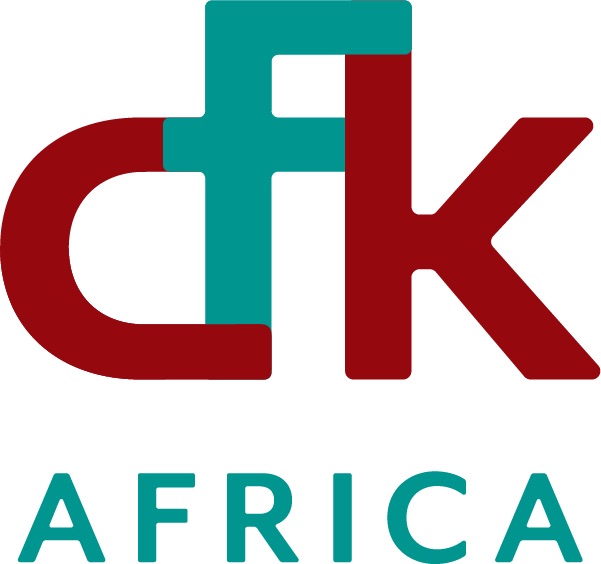U.S. agency head visits Tabitha Medical Clinic in Africa’s largest informal settlement
NAIROBI, KENYA— CFK Africa, an international nonprofit with offices in Kenya and the U.S., hosted Dr. Mandy Cohen, the director of the U.S. Centers for Disease Control and Prevention, at its Tabitha Medical Clinic, a full-scale healthcare facility in the heart of Kibera, Africa’s largest informal settlement on the outskirts of Nairobi.
Cohen, who was named head of the CDC last year, came to the clinic to see one of the most extensive urban programs for tracking infectious diseases in an informal settlement anywhere in the world.
Since 2006, CFK Africa has partnered with the CDC and its Kenyan counterpart, the Kenya Medical Research Institute (KEMRI), to lead the population-based infectious disease surveillance platform, also called PBIDS, at its clinic providing early disease detection through event-based surveillance and innovative public health interventions.
The platform supports Tabitha Medical Clinic in providing healthcare services to over 30,000 Kibera residents annually while contributing to life-saving public health research.
“We were very excited to welcome Dr. Cohen to our Tabitha Medical Clinic,” said CFK Africa Executive Director Jeffrey Okoro. “We share the CDC’s vision for global health equity, in which all people have access to quality health services and can attain the highest levels of health, no matter their circumstances.”
In the crowded community of Kibera, where most residents live on less than $3 a day, access to quality healthcare and education is limited, and infectious diseases spread rapidly. Tabitha Medical Clinic works to bridge the healthcare gap, offering a wide range of primary healthcare services, from consultations, immunizations, and cervical cancer screenings to X-ray and laboratory services.
Research findings from the PBIDS platform have informed policy in Kenya and informal settlements globally, including timely findings about the pathology of COVID-19 in informal settlements, such as very low mortality rates, and the recent spread of cholera. Data from the platform has also produced over 100 peer-reviewed journal articles with Kenyan lead authors or co-authors on topics ranging from vaccination to hygiene behaviors and child nutrition.
The CDC and CFK Africa are collaborating to expand event-based surveillance across Kenya, drawing on CFK Africa’s existing collaborations with county governments and the trust it has built within communities.
“Our continued collaboration with the CDC shows how data-driven research and community-focused initiatives can make a significant impact on global public health outcomes,” added Okoro. “We are thankful for our partnership with the CDC to continue making healthcare more accessible to all.”

***
About CFK Africa
Founded in 2001, CFK Africa works to improve public health and economic prosperity in informal settlements in Kenya through integrated health and youth leadership initiatives. Using a participatory development approach, the organization works directly with community residents to develop and implement sustainable programs. After marking 20 years of service in Kibera in 2021, CFK began expanding to additional informal settlements in Nairobi County and across seven other counties in Kenya, including Kajiado, Kiambu, Kilifi, Kisumu, Machakos, Mombasa, and Nakuru.
For more information, visit www.cfkafrica.org.
